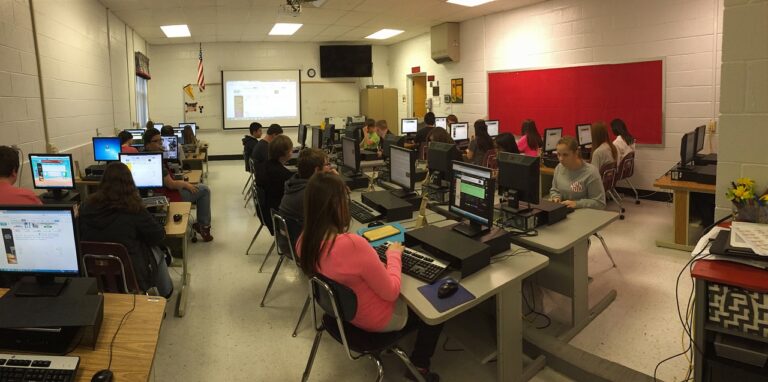Supporting Childrens Social Skills Through Cooperative Learning Experiences: Lotus365 book, Playexch 99, All panel .com
lotus365 book, playexch 99, all panel .com: Supporting Childrens Social Skills Through Cooperative Learning Experiences
As parents and educators, we all want our children to grow up to be successful, well-adjusted individuals. One crucial aspect of a child’s development is their social skills. Social skills are essential for building relationships, communicating effectively, and navigating the complexities of social situations. One way to support children in developing their social skills is through cooperative learning experiences.
Cooperative learning involves students working together in small groups to achieve a common goal. This approach not only helps children academically but also fosters the development of important social skills such as communication, collaboration, empathy, and conflict resolution.
Here are some ways in which cooperative learning experiences can support childrens social skills:
1. Building Communication Skills: When children work together in groups, they have to communicate effectively to share ideas, ask questions, and offer feedback. This helps them develop their speaking and listening skills, as well as learn how to express themselves clearly and assertively.
2. Fostering Collaboration: Cooperative learning teaches children how to work together towards a common goal, encouraging them to collaborate, compromise, and support each other. This helps them develop teamwork skills and learn how to contribute to group success.
3. Promoting Empathy: Working with others in a cooperative setting helps children understand different perspectives, appreciate diversity, and develop empathy towards their peers. This is essential for building strong, positive relationships with others.
4. Developing Conflict Resolution Skills: In group settings, children may encounter disagreements or conflicts. Cooperative learning provides them with opportunities to practice resolving conflicts peacefully, listening to each other’s viewpoints, and finding mutually acceptable solutions.
5. Enhancing Problem-Solving Skills: Collaborating with peers in cooperative learning activities challenges children to think critically, analyze problems, and come up with creative solutions. This helps them develop problem-solving skills that are essential for success in both academic and social contexts.
6. Building Self-Esteem: Participating in cooperative learning experiences can boost children’s confidence and self-esteem. When children work together successfully and receive positive feedback from their peers, they feel valued, capable, and supported.
FAQs
1. How can parents and educators incorporate cooperative learning experiences into children’s daily routines?
Parents and educators can encourage children to work together on projects, assignments, and activities that require collaboration and teamwork. They can also provide opportunities for group discussions, role-playing, and problem-solving tasks to promote cooperative learning.
2. What are some examples of cooperative learning activities that support children’s social skills?
Examples of cooperative learning activities include group projects, peer tutoring, interactive games, collaborative writing tasks, and team-building exercises. These activities encourage children to communicate, collaborate, and learn from each other in a supportive environment.
3. How can cooperative learning experiences benefit children with social skill challenges or special needs?
Cooperative learning experiences can provide children with social skill challenges or special needs with opportunities to practice and improve their social skills in a structured, supportive setting. Working together with peers can help these children build confidence, develop empathy, and learn how to interact and communicate effectively with others.
In conclusion, cooperative learning experiences play a crucial role in supporting children’s social skills development. By providing opportunities for communication, collaboration, empathy, conflict resolution, problem-solving, and self-esteem building, cooperative learning helps children thrive academically and socially. Parents and educators can incorporate cooperative learning activities into children’s daily routines to promote healthy social development and prepare them for success in the future.







